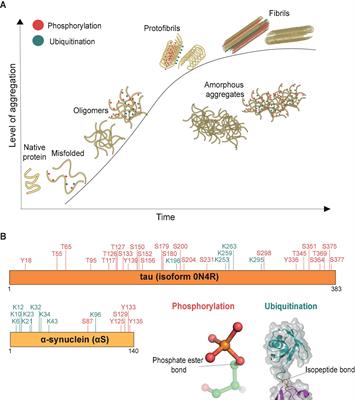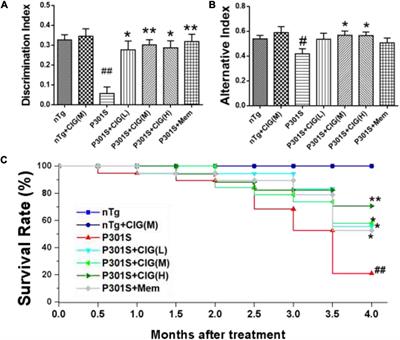EDITORIAL
Published on 08 Jul 2022
Editorial: Progress of Translational Medicine in Alzheimer's Disease
doi 10.3389/fnagi.2022.970044
- 1,602 views
- 1 citation
38k
Total downloads
168k
Total views and downloads
EDITORIAL
Published on 08 Jul 2022
ORIGINAL RESEARCH
Published on 24 Jun 2022

REVIEW
Published on 10 Jun 2022

REVIEW
Published on 06 Apr 2022

ORIGINAL RESEARCH
Published on 21 Mar 2022

ORIGINAL RESEARCH
Published on 16 Dec 2021

MINI REVIEW
Published on 03 Sep 2021

REVIEW
Published on 17 Aug 2021

ORIGINAL RESEARCH
Published on 21 Jul 2021

REVIEW
Published on 28 May 2021

ORIGINAL RESEARCH
Published on 25 May 2021

ORIGINAL RESEARCH
Published on 15 Apr 2021
